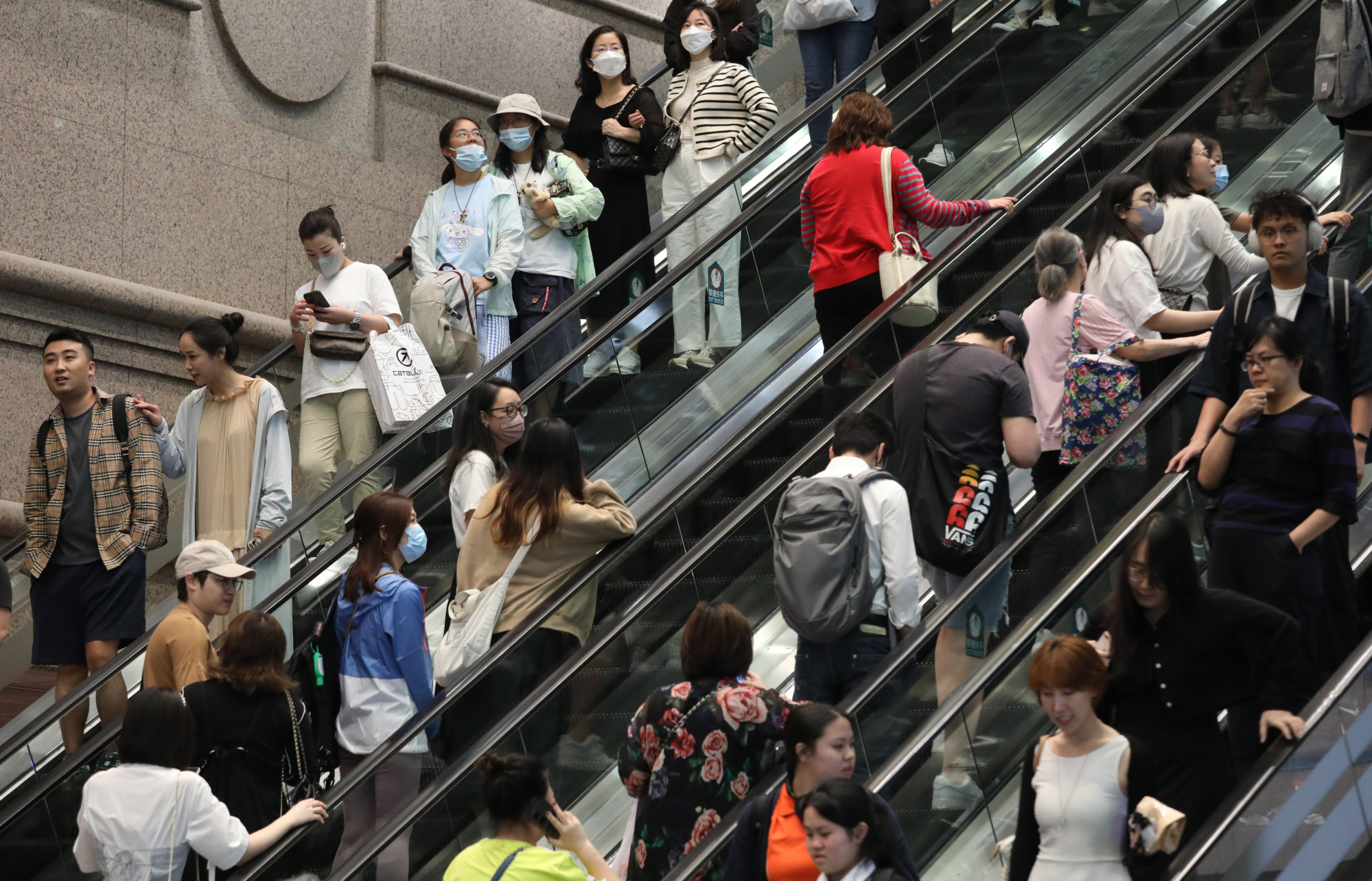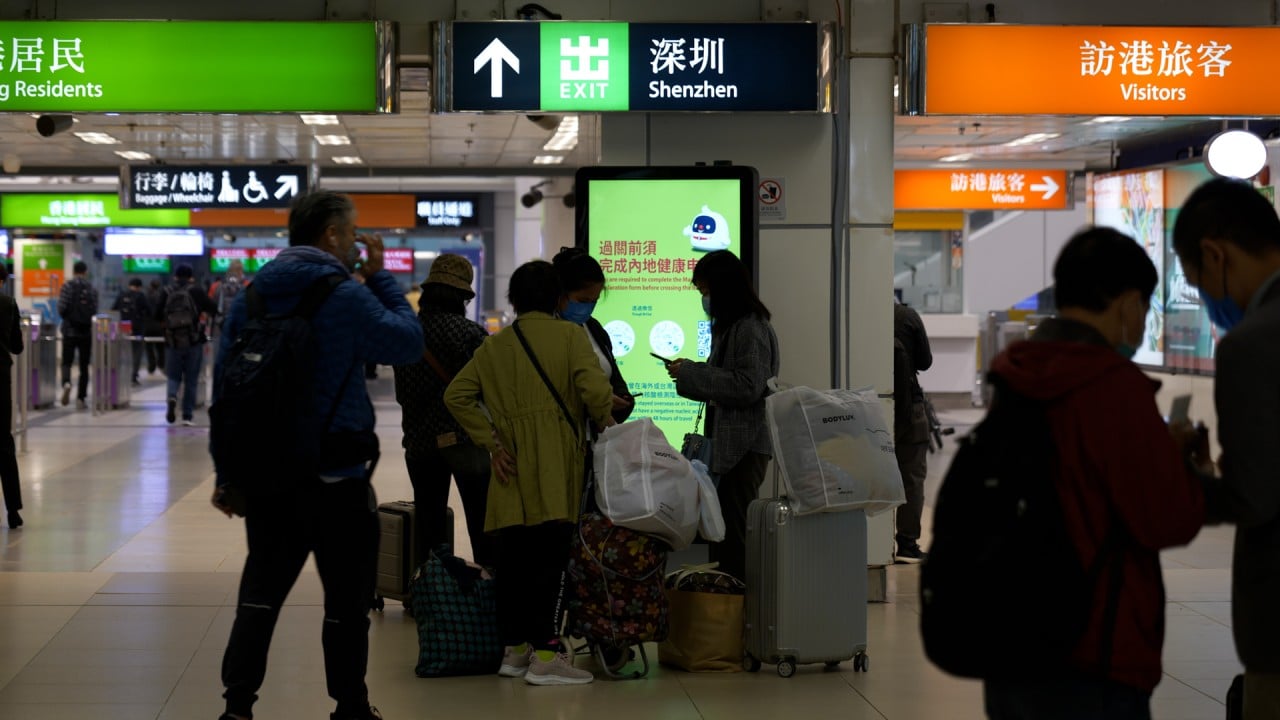
Times Square, Harbour City owner Wharf Reic recovers from Covid to post US$230 million first-half profit
- The company reported a net profit of HK$1.8 billion (US$230 million) for the six months to June versus a loss of HK$1.5 billion a year earlier
- Post-pandemic recovery was impeded by global geopolitical and economic uncertainties, company says
Wharf Real Estate Investment Company (Wharf Reic), one of Hong Kong’s biggest commercial landlords, turned around its fortunes in the first half on the back of a post-pandemic rebound in tourism.
The owner of Harbour City and Times Square shopping centres reported a net profit of HK$1.8 billion (US$230 million) for the six months ended June, compared with a loss of HK$1.5 billion a year earlier, according to an exchange filing on Monday. Revenue grew 4.2 per cent to HK$6.5 billion in the comparable period.
Wharf Reic said it would pay an interim dividend of HK$0.67.
“Business environment has improved since the borders reopened in January, but post-pandemic recovery is impeded by global geopolitical and economic uncertainties,” the company said in the filing.

Wharf said its hotel operations, including The Murray and Marco Polo Hongkong, saw a significant turnaround but lost momentum in the second quarter because of manpower constraints.
Hotel revenue increased by 90 per cent to HK$697 million from HK$366 million in the same period last year. The hotels’ operating profit came in at HK$67 million, reversing a HK$172 million loss a year earlier.
Wharf Reic said Hong Kong visitor arrivals and retail sales were still well below pre-pandemic levels, with a strong local currency and slow addition of flight capacity impacting business activity. Rents improved but were obscured by amortisation accounting, it said.
Hong Kong retail sales growth slowed to 18 per cent in the second quarter, from 24 per cent in the first quarter. Visitor arrivals and retail sales for the first half were still well below pre-pandemic levels, improving to 37 per cent and 85 per cent, respectively, of pre-Covid levels in 2019.
Despite the modest market recovery, Wharf said its investment properties “continue to attract discerning tenants and shoppers”.
“Wharf’s core earnings were slightly below our expectations on slower rental growth as retail sales are still at pre-pandemic level as rental recovery takes time to pass through, Citi said in a note on Monday, without saying what its expectations were.
“Despite the first-half results slightly missing expectations, [Wharf] said as rentals take time to recover, we are optimistic on Harbour City fundamentals to become a luxury centre for VIPs in southern China by grabbing others’ market share.”
Office market oversupply continues to weigh on rent and occupancy, and the situation is expected to persist until a significant shift in business climate, Wharf Reic said. The occupancy rate at Harbour City and Times Square was 88 per cent and 87 per cent, respectively, in the first half.
Hong Kong office rents could continue to fall in the second half, as some companies might further downsize offices by adopting hot-desk arrangements, the property consultancy said.


